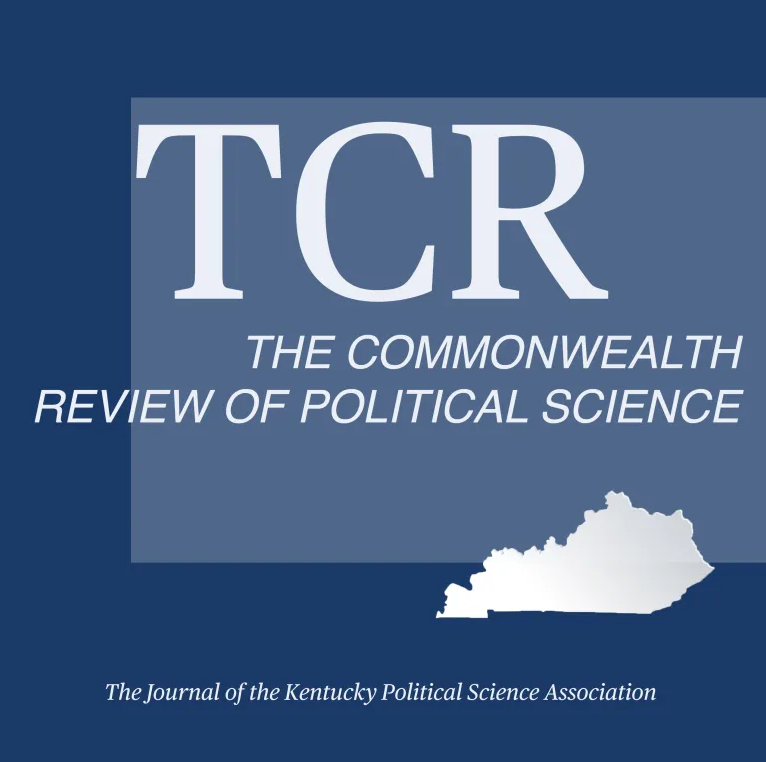Commonwealth Review of Political Science

Abstract
Since World War II, there has been a significant shift in the balance of war making power between the executive and legislative branches. Although the Constitution reserves the formal power of declaring war exclusively for Congress, modern presidents have increasingly mm·ginalized Congress in times of international tension or conflict by acting unilaterally without congressional authorization. Congress has lent impetus to this problematic trend by failing to take decisive action whenever its war-making power is usurped by the executive. The War Powers Act of 1973 has not been successful in curbing the exercise and expansion of executive war- making power because Congress gave little or no attention to presidential violations of the Act, thereby undermining its own constitutional role and shifting the power equation in favor of the executive. This paper attempts to delineate the roles that the Framer expected the two political branches to play in regard to war-making and to demonstrate that only Congress has the power to authorize the use of military force.
Recommended Citation
Guirguis, Max
(2014)
"War Powers in the American Constitutional Scheme: A Legal-Historical Inquiry,"
Commonwealth Review of Political Science: Vol. 2:
No.
1, Article 3.
DOI: https://doi.org/10.61611/2994-0044.1011
Available at:
https://digitalcommons.murraystate.edu/crps/vol2/iss1/3
Included in
History Commons, Political Science Commons, Psychology Commons

